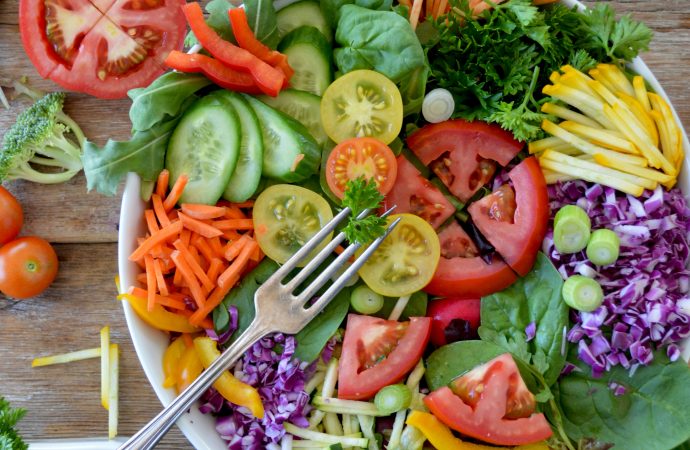As the weather heats up and people across the UK look to lighter meals, there is one dish that is noticeably absent from supermarket shelves: salad. In recent weeks, retailers have been warning of a shortage of lettuce and other greens, leaving many consumers wondering what is behind this latest food crisis. The problem can
As the weather heats up and people across the UK look to lighter meals, there is one dish that is noticeably absent from supermarket shelves: salad. In recent weeks, retailers have been warning of a shortage of lettuce and other greens, leaving many consumers wondering what is behind this latest food crisis.
The problem can be traced back to a variety of factors, including weather conditions, labor shortages, and transportation issues. In particular, the unusually cold and wet spring in the UK has delayed the planting and harvesting of many crops, including lettuce, spinach, and rocket. This has led to a shortage of these popular salad ingredients, which are often grown domestically rather than imported.
In addition, there are concerns about the availability of seasonal workers who typically help with the planting and harvesting of crops. Due to Brexit and the COVID-19 pandemic, many migrant workers have been unable to travel to the UK to work on farms, leaving a significant gap in the labor force.
Finally, transportation issues have also played a role in the salad shortage. Many UK supermarkets rely on a just-in-time supply chain model, where products are delivered daily or even hourly to stores. However, disruptions in shipping and trucking due to the pandemic and other factors have made it difficult to get fresh produce to stores in a timely manner.
The result of these factors is a shortage of salad that is expected to last for several weeks, according to industry experts. While some supermarkets are turning to imported lettuce from other countries, others are encouraging consumers to try different types of greens, such as kale or cabbage, which are in greater supply.
However, this shortage is not just a matter of inconvenience for consumers; it could have significant economic consequences for farmers and food suppliers. In particular, smaller producers who rely heavily on the salad market could be hit hard by the shortage, potentially leading to job losses and financial hardship.
Despite the challenges, there are some efforts underway to address the salad shortage. The UK government has recently announced plans to ease restrictions on seasonal workers from outside the UK, which could help alleviate some of the labor shortages on farms. In addition, some supermarkets are working with local producers to increase the supply of other types of greens and encourage consumers to try new recipes.
In the meantime, consumers may need to adjust their expectations for summer meals and find alternative sources of fresh produce. As the salad shortage highlights, food security and supply chain issues are complex and multifaceted problems that require ongoing attention and investment.

















Leave a Comment
Your email address will not be published. Required fields are marked with *